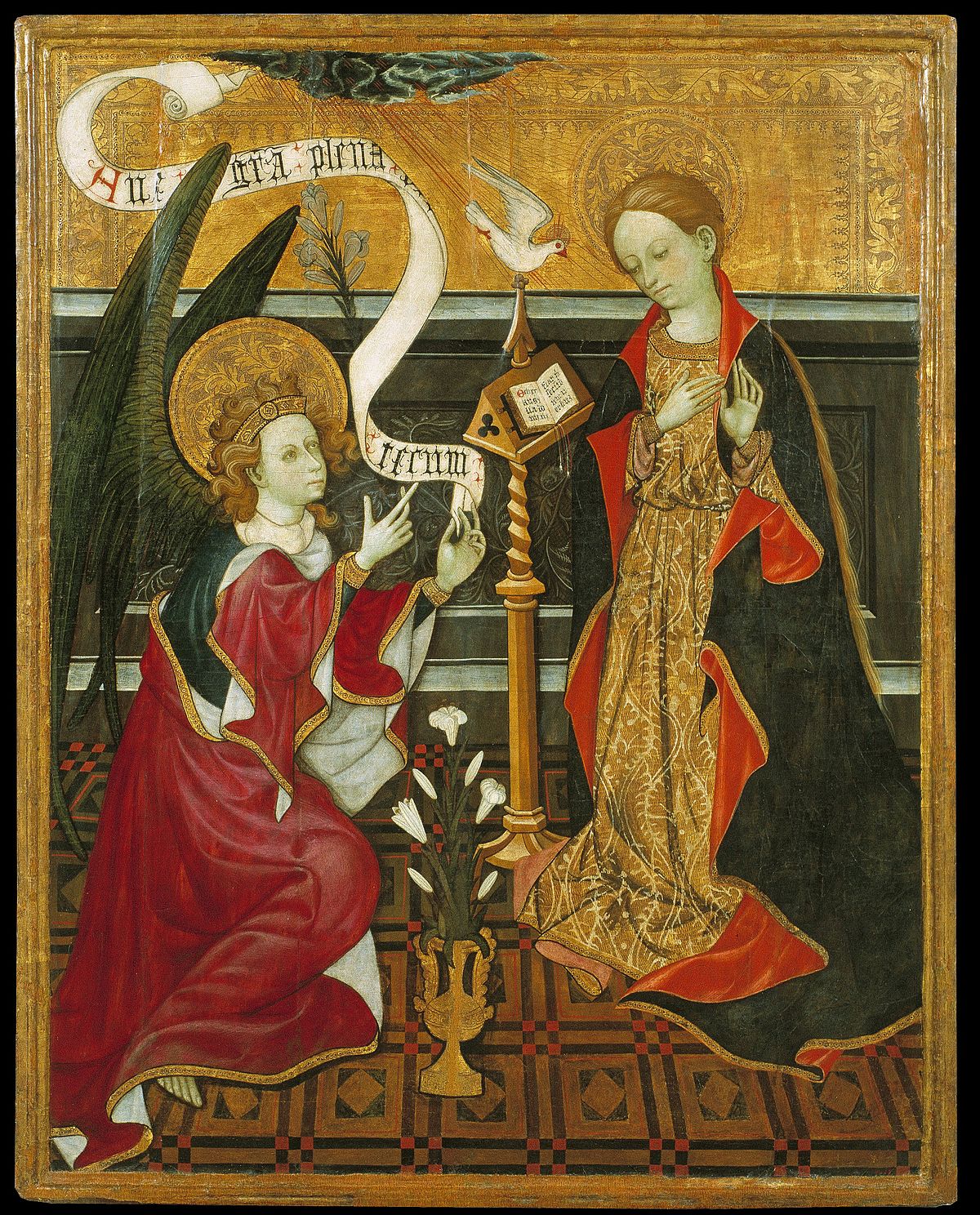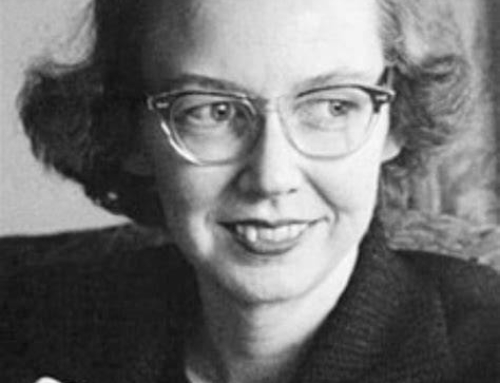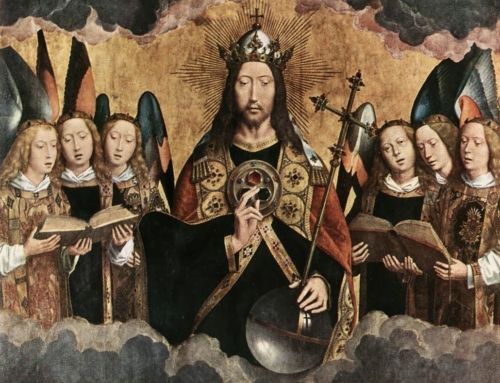In the story of the Annunciation the word ‘overshadowed’ is full of multi leveled significance. One connection is that it is an allusion to the the story of Ruth and Boaz in the Old Testament. You may remember that the young widow Ruth presented herself for marriage to her husband’s kinsman, Boaz, and that he evidenced his betrothal to Ruth by wrapping his cloak around her. The word for cloak is the same word used in Hebrew for angels’ wings, and the transliteration of the word in the New Testament is ‘overshadowed’. The clear reference is that the Blessed Virgin is being ‘betrothed’ to God through the ministry of the angel who ‘overshadows’ her as the Hebrew bridegroom does to express his intentions to his bride.
I was relating this detail in an RCIA class some time ago and in the audience were some members of the local Maronite community, who originate from the Middle East. One of them raised his hand and said, “Father, this is still the custom in the Middle East. The Bedouin and other tribes have an ancient betrothal ceremony in which the bridegroom wraps his cloak around the young girl to signal his intentions to her.” This ancient custom is observed, and when they are asked why they do this they answer, “Because it is the way of our ancestors back to the time of Abraham.”
Bewdiful.
That’s not all. He also said that it is still the custom in some of these tribes for an older man to be betrothed to a young girl around the age of thirteen or fourteen. She enters his extended family, but they do not consummate the marriage until a few years later. In the meantime, she remains as a betrothed virgin. This has practical advantages as the young daughters are given a sense of security, but they live within the secure confines of the extended family, with the older women, learning about the ways of the family life until it is time for them to enter fully into marriage and childbearing.
The idea that the older St Joseph would not have relations with his young bride seems so alien to our culture, but within the Semitic culture of the Middle East–even today–the idea that an older man would have a virgin fiancee, and that she would remain a virgin for some time does not seem so unusual. Also, this ceremony of the angel “overshadowing” Mary would have been recognized as legally binding, and one of the reasons why St Joseph would not have had relations with the Blessed Virgin is because she was already (through this event) “betrothed to God.”
Furthermore, there is evidence that some married members of the Essene religious community took vows of celibacy. An increasing number of scholars believe the Essenes had strong outlying communities, especially in Galilee, and that Jesus and John the Baptist and their disciples would have been strongly influenced by the Essenes. If all this is true, then it is not difficult to see how the Blessed Virgin and St Joseph would have remained celibate.
In apologetics conversations with those who deny the perpetual virginity of the Blessed Virgin, all of these are good points to bring up.







Leave A Comment
You must be logged in to post a comment.